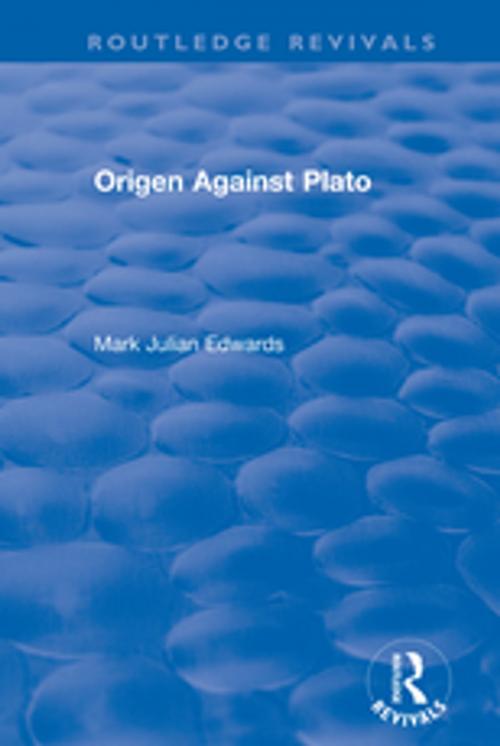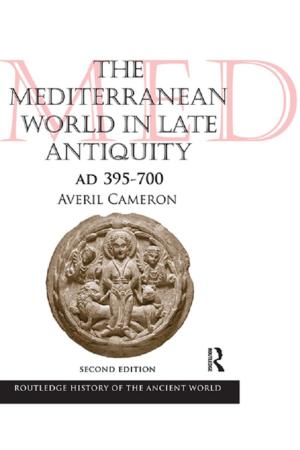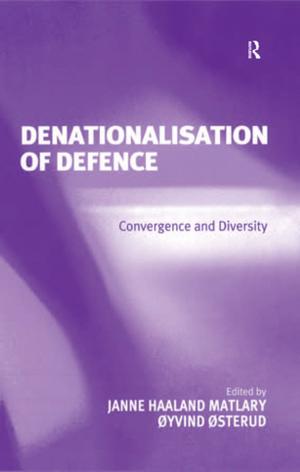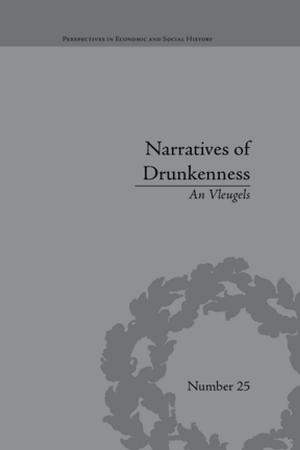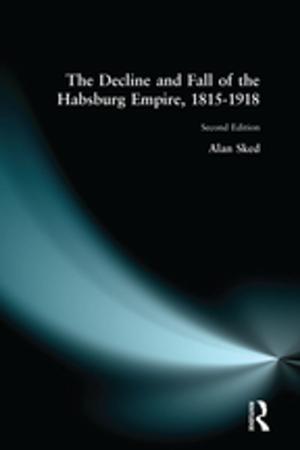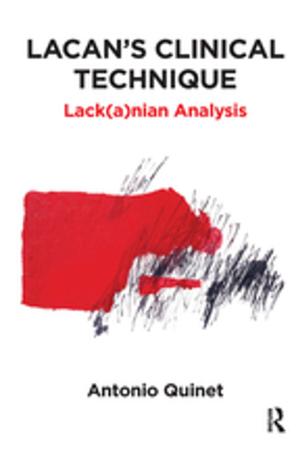| Author: | Mark Julian Edwards | ISBN: | 9781351738767 |
| Publisher: | Taylor and Francis | Publication: | November 1, 2017 |
| Imprint: | Routledge | Language: | English |
| Author: | Mark Julian Edwards |
| ISBN: | 9781351738767 |
| Publisher: | Taylor and Francis |
| Publication: | November 1, 2017 |
| Imprint: | Routledge |
| Language: | English |
This title was first published in 2002.Origen (AD 185 - 254) is regarded as one of the figures chiefly responsible for the contamination of biblical theology with pagan philosophy in the early church. Edwards argues that Origen set out to construct a Christian philosophy, yet he did so with the intention of preserving theology from the infiltration of pagan thought. Examining the question of philosophical influence on Christian thought, Edwards argues that scholars have often leapt to unjustified conclusions based simply on common vocabulary or parallel development. This book advances new interpretations of the early Christian systems which are generally called 'Gnostic', and the Doctrine of the Trinity in Origen's 'Platonist' teacher Clement of Alexandria. Edwards concludes that Origen's hermeneutics, eschatology, cosmology and Trinitarian theology are all related to his understanding of human nature, which is radically opposed to that of Platonism.
This title was first published in 2002.Origen (AD 185 - 254) is regarded as one of the figures chiefly responsible for the contamination of biblical theology with pagan philosophy in the early church. Edwards argues that Origen set out to construct a Christian philosophy, yet he did so with the intention of preserving theology from the infiltration of pagan thought. Examining the question of philosophical influence on Christian thought, Edwards argues that scholars have often leapt to unjustified conclusions based simply on common vocabulary or parallel development. This book advances new interpretations of the early Christian systems which are generally called 'Gnostic', and the Doctrine of the Trinity in Origen's 'Platonist' teacher Clement of Alexandria. Edwards concludes that Origen's hermeneutics, eschatology, cosmology and Trinitarian theology are all related to his understanding of human nature, which is radically opposed to that of Platonism.
